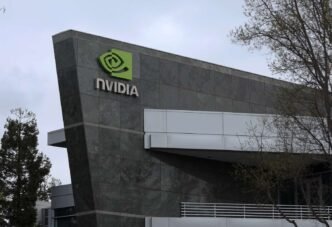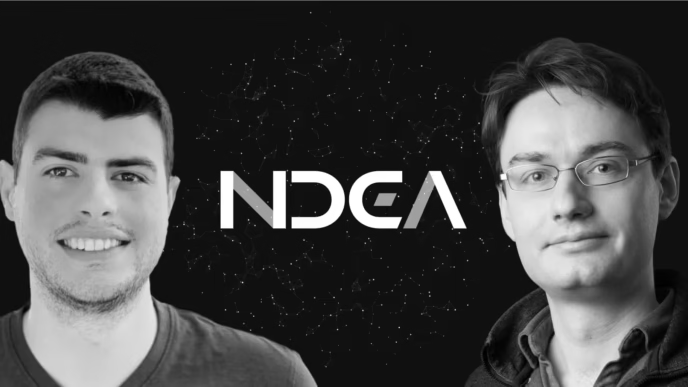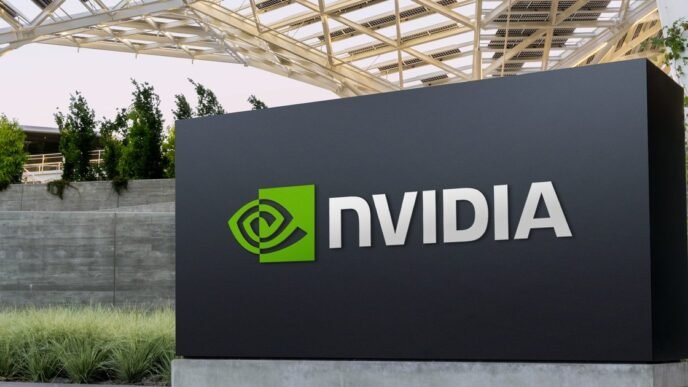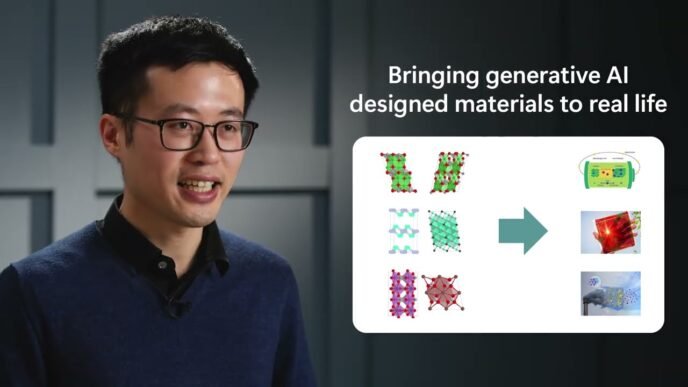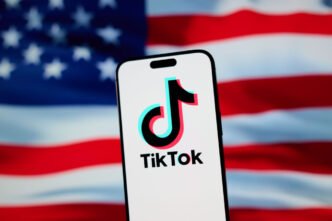Nvidia, a leader in artificial intelligence (AI) and industrial automation, continues to expand its influence in the AI domain. With its Omniverse platform and initiatives like the Mega Omniverse Blueprint, the tech giant is now venturing deeper into digital twin technologies by backing innovative startups. One such company is MetAI, a Taiwanese startup specializing in AI-driven digital twins. This article delves into Nvidia’s partnership with MetAI, its implications, and the future of AI-powered digital twins.
What Are Digital Twins, and Why Are They Important?
Digital twins are virtual replicas of physical entities or systems, created to simulate real-world processes. These simulations allow industries to test, optimize, and validate operations before actual implementation.
Key Benefits:
- Reduced Development Time: Speeds up project simulations.
- Cost Efficiency: Saves operational costs by minimizing errors.
- Enhanced AI Training: Provides accurate simulated environments.
MetAI: Revolutionizing Digital Twin Creation
MetAI, based in Taiwan, has developed an innovative platform to generate “SimReady” digital twins. By leveraging AI and 3D technology, MetAI converts CAD files into functional 3D environments within minutes, a process that traditionally took months.
Core Features:
- AI-Driven 3D Conversions: Rapidly transforms CAD files into 3D simulations.
- Synthetic Data Generation: Creates artificial data for AI training.
- Targeted Industries: Focuses on semiconductor fabs, smart warehouses, and automation sectors.
Fun Fact: MetAI won first place in Nvidia’s competition, earning its CTO, Renton Hsu, the title of “Jetson AI Ambassador.”
Nvidia’s Investment: A Game-Changer
Nvidia recently invested in MetAI’s $4 million seed funding round, marking its first investment in a Taiwanese startup. Other notable investors include:
| Investor | Type |
|---|---|
| Kenmec Mechanical Engineering | Strategic Partner |
| Solomon Technology | Strategic Investor |
| SparkLabs Taiwan | Accelerator Program |
| Addin Ventures | Venture Capital |
| Upstream Ventures | Financial Investor |
The Generative Physical AI Wave
The next frontier in AI, termed generative physical AI, heavily relies on simulated environments to train and validate robots. MetAI’s contribution to this emerging field is significant:
- Dynamic Virtual Worlds: Creates realistic environments replicating real-world operations.
- AI Training and Validation: Generates custom synthetic data to optimize AI models.
Competitive Landscape
MetAI operates in a competitive field with established players like Siemens Digital Industries, Dassault Systèmes, and Hexagon AB. However, MetAI differentiates itself by focusing on generative models tailored for physical AI training.
Competitive Edge:
- Generative Models: Unlike competitors focusing on operational efficiency, MetAI emphasizes real-world usability.
- Time Efficiency: Reduces simulation time for warehouse operations from hours to mere minutes.
Real-World Impact
In 2023, MetAI partnered with Kenmec to revolutionize warehouse operations. Their technology reduced simulation times for automated warehouses from thousands of hours to just 3 minutes, saving significant time and resources.
Project Revenue:
MetAI projects revenue of $3 million from a single project in 2025, highlighting its commercial potential.
Future Plans
With the seed funding secured, MetAI aims to:
- Expand R&D: Strengthen its team for faster development.
- Enter the U.S. Market: Establish headquarters in the U.S. by 2025.
- Diversify Offerings: Introduce SaaS models and vertical AI agents.
Strategic Vision:
According to Dave Liu, MetAI’s COO:
“Taiwan serves as our testing ground, ensuring our solutions are robust. The U.S. market offers immense growth potential due to high operational complexities.”
Key Statistics
| Aspect | Detail |
|---|---|
| Seed Funding | $4 million |
| Simulation Time Reduction | Thousands of hours to 3 minutes |
| Projected 2025 Revenue | $3 million |
| Establishment Year | 2023 |
For more insights into Nvidia’s Omniverse platform, visit Nvidia Omniverse.
Nvidia’s partnership with MetAI underscores the growing importance of digital twins in shaping the future of AI-driven industries. By focusing on generative physical AI and leveraging innovative technologies, MetAI is set to redefine industrial simulations, bridging the gap between virtual environments and real-world applications. As this collaboration unfolds, it marks a significant leap toward a future powered by intelligent automation and digital transformation.
